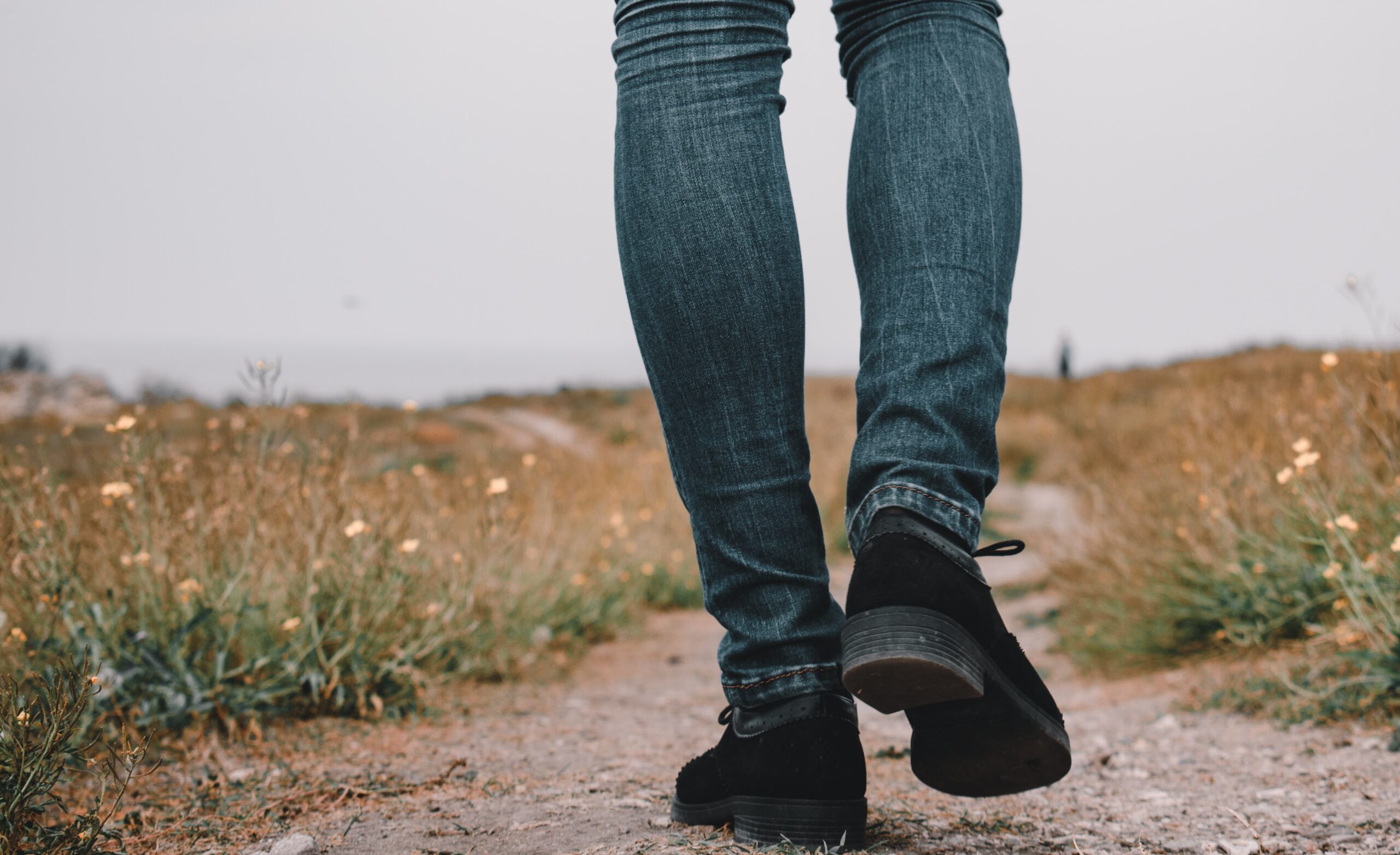Building a foundation of movement is essential for our wellbeing.
For most of us, our lifestyles cause us to sit down much more than move around and our bodies are not built for such sedentary existence. If we think about how much we sit down, it is quite staggering - at work, in the car, on public transport, watching tv, computer games, social surfing, listening to music, eating and so on!
Inactivity is described by the Department of Health and Social Care as a "silent killer". Evidence shows that sedentary behaviour, such as sitting or lying down for long periods, is bad for our health2.
The importance of movement
Research suggests that adults of working age in England average about 9.5 hours per day of sedentary time. The sedentary time for both men and women aged between 65 and 74 increases to 10 hours per day or more. By age 75+, people are sedentary for 11 hours per day1

Whether you are seated or standing, our Mobility Routines poster demonstrates movement, stretches and gentle exercise.
How can i increase my movement?
We've put together 10 tips to help incorporate movement into your daily routine:
- 1Take regular movement breaks whilst watching TV or spending time at the computer or screen work. This could be as simple as getting up to make a drink, doing some stretches (these can be done seated too) and calf raises – always a quick win and can be done anywhere (just lift your heels off the ground for 3 sets of 15-20 reps).
- 2Stand up instead of sitting down whenever you can. i.e. whilst waiting for the train, or in a meeting – standing or walking meetings are quite popular! Try a standing desk.
- 3Take a phone call standing up or gently walking.
- 4Set a movement alarm for every 45 minutes - it works!
- 5Walk or cycle to meet a friend, go to work or to the shops! Try getting off at the earlier bus stop so you can walk further to work.
- 6Take a brisk walk for 10 minutes outside. Being outside is also great for your mental health too!
- 7Take the stairs not the escalator or lift (within reason of course!)
- 8If you have a garden, you could do some sweeping, raking or weeding for 5 or 10 minutes here and there! Great for getting the chores done and for your health!
- 9Sit on a stability ball! Not only will this keep you moving, it will also improve balance, muscle tone and core strength
- 10Drink plenty of water – not only is this great for your overall health, but it will also increase your need for toilet breaks! Try walking to the furthest toilet away from you!
The body will become better at whatever you do, or don’t do. If you don’t move, your body will make you better at not moving. If you move, your body will allow more movement - Ido Portal
